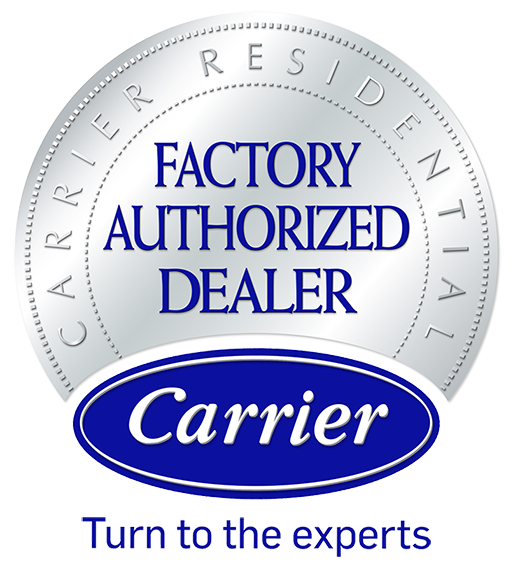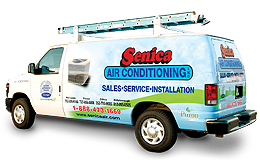 Home cooling equipment, such as an A/C or heat pump, is rated for energy efficiency so consumers can more easily select the right system for their home, budget and energy savings goals. Read on to learn how to use A/C efficiency ratings to your advantage.
Home cooling equipment, such as an A/C or heat pump, is rated for energy efficiency so consumers can more easily select the right system for their home, budget and energy savings goals. Read on to learn how to use A/C efficiency ratings to your advantage.
Efficiency Ratings
A/C systems use electricity to drive the compressor and other components which cool the home. The cooling output is expressed in British thermal units, or BTUs. The energy efficiency of any given A/C is a ratio of cooling output (in BTUs) to energy input (in Watt-hours), as follows:
- Energy efficiency ratio, or EER — The EER test places systems under identical conditions for temperature and humidity for one hour.
- Seasonal energy efficiency ratio, or SEER — The SEER efficiency test places systems under identical conditions, but those conditions simulate the entire cooling season, with variations in temperature, humidity and usage.
Energy Star is a good resource for determining which A/C system is best for your Clearwater home. To qualify for Energy Star, an A/C must meet minimum SEER and EER values, offer consumers greater performance and provide a return on investment (ROI) within a reasonable amount of time.
A/C Shopping
With the high-performance A/C systems available today, A/C efficiency ratings weigh in on system selection more than ever before. Efficiency ratings quickly tell you how one system compares to another for energy savings, as well as performance and comfort. The higher the rating, such as 21 SEER compared to 14 SEER, the more efficiently a system performs, and the more advanced components are utilized for maximum home comfort.
If you take cooling seriously in your Clearwater home, look for these features available on mid- and high-efficiency A/C systems:
- Advanced air-handling units – Variable-speed and two-stage air handling units offer exceptional comfort and smooth airflow.
- Inverter-driven compressors – Inverter-driven compressors have fewer moving parts and offer variable-speed technology for precise cooling and substantially quieter operation.
Ask an HVAC contractor to perform a cost analysis for ROI. This tells you how soon a higher-efficiency A/C systems pays for itself in cooling savings.
If you have questions about A/C efficiency ratings, contact Senica Air Conditioning, Inc., Inc.
Image Provided by Shutterstock.com



